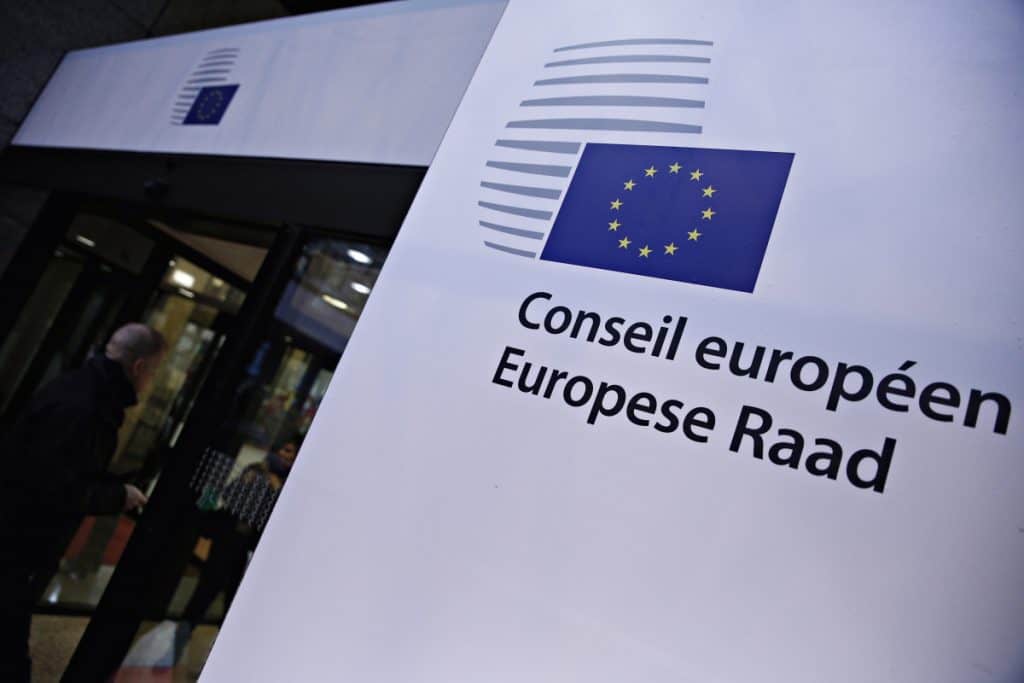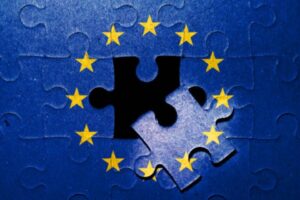Russia will very likely be leaving the European Council, according to announcements from both the Russian Ministry of Foreign Affairs and the Council.
According to both parties and reports on the issue, Russia sent a formal notice of their withdrawal to the Council. This reportedly happened after the Council of Europe’s Committee of Ministers made it known that they would be moving forward to expel Russia from the organization.
“As leaders of the Council of Europe we expressed on several occasions our firm condemnation of the Russian Federation’s aggression against Ukraine. This unjustified and unprovoked aggression led to the decision of the Committee of Ministers and the Parliamentary Assembly to initiate the procedure of expulsion of the Russian Federation from the Council of Europe provided under Article 8 of the Statute,” the Council’s announcement reads.
It is likely that upon getting the news of the Council’s upcoming vote to remove them from the organization, the Russian Ministry of Foreign Affairs answered by resigning before they could be removed.
The Council’s announcement went on to say that the Parliamentary Assembly voted in favor of removing Russia. Further, an extraordinary meeting was to be held on 16 March in response to Russia’s notice of withdrawal.
“In this framework, tonight, the Parliamentary Assembly unanimously considered that the Russian Federation should no longer be a member State of the Organisation. The Committee of Ministers will hold an extraordinary meeting tomorrow morning also in the light of today’s notification by the Minister of Foreign Affairs of the Russian Federation of the Russian leadership’s decision to withdraw from the Council of Europe,” the Council’s announcement reads.
Russia’s own announcement of the government’s decision to leave the Council accused NATO and the EU of “abusing their majority” in this organization to turn it into an “instrument of anti-Russian policy.”
The alignment of EU Member States and third countries to isolate and exclude Russia from the international stage is part of what is pushing the country into a smaller realm of influence and more prone to make decisions like preemptively resigning from the European Council.
The only other Member State to ever resign from the Council was Greece in 1969 when it was under a military dictatorship. The country rejoined in 1974 after the issue was resolved.
Part of the way that the Russian exit will look is that Russian citizens will not have access to the European court of Human Rights, among other benefits.
“Through their actions in Ukraine the Russian authorities deprive the Russian people of the benefit of the most advanced human rights protection system in the world, including the jurisdiction of the European Court of Human Rights and our vast convention system,” the Council’s announcement reads.
To read more about the situation between the EU, Russia, and Ukraine, click this link.











